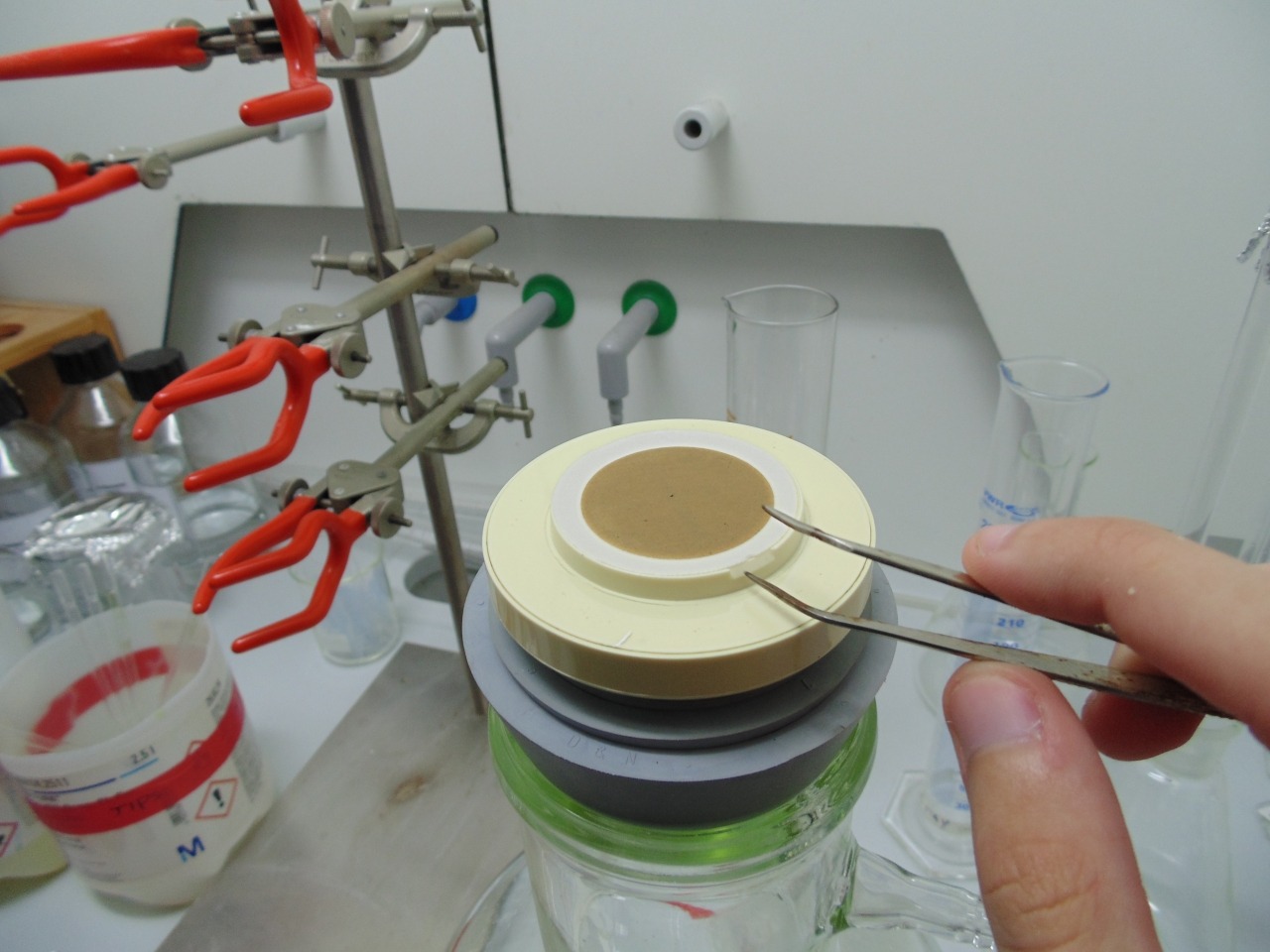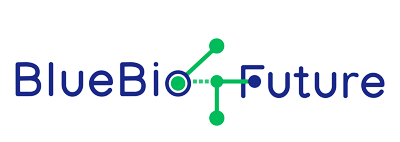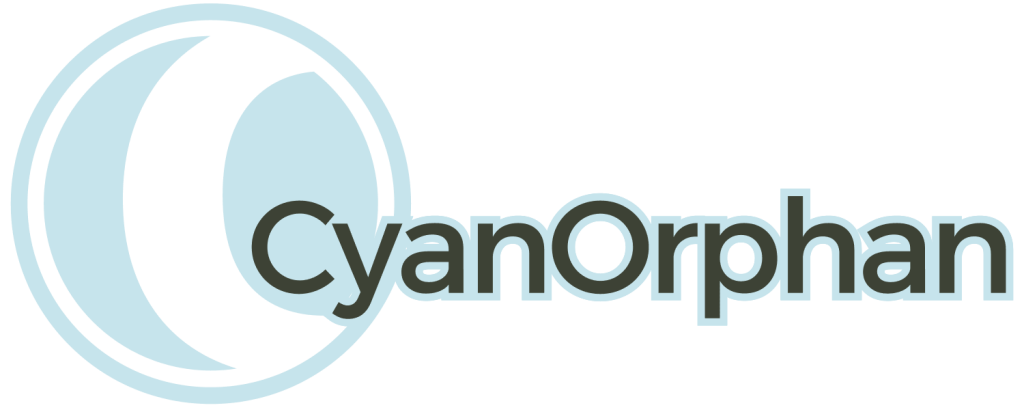
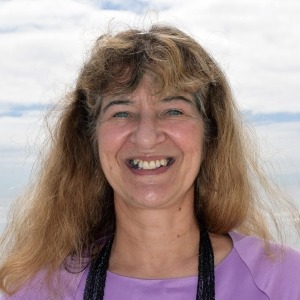
Group Leader
Lúcia Guilhermino (Doutorada em Biologia, Universidade de Coimbra) é Professora Catedrática da Faculdade de Medicina e Ciências Biomédicas (ICBAS) da Universidade do Porto (U.Porto), e Presidente da Comissão de Ética, Investigadora Principal (PI) da Linha de Investigação de Alterações Globais e Serviços dos Ecossistemas, e PI da Equipa de Investigação de Ecotoxicologia Aquática e One Health do Centro Interdisciplinar de Investigação Marinha e Ambiental (CIIMAR). Coordenadora do Programa Doutoral em Contaminação e Toxicologia Ambiental e do Mestrado em Toxicologia e Contaminação Ambiental da U. Porto, e Coordenadora pela U.Porto do Mestrado Conjunto Erasmus Mundus em Contaminação e Toxicologia Ambiental, entre outras funções.
Investigação principal: efeitos combinados de alterações climáticas, contaminantes químicos (e.g., microplásticos, nanomateriais, fármacos, metais) e outros fatores de stress em organismos e ecossistemas marinhos e de água doce, e os riscos resultantes para a saúde global. L. Guilhermino coordenou/participou em vários projetos nacionais e internacionais, tendo participado na publicação de mais de 200 artigos em revistas científicas indexadas (Scopus e/ou WoS), entre mais de 300 outras publicações.

